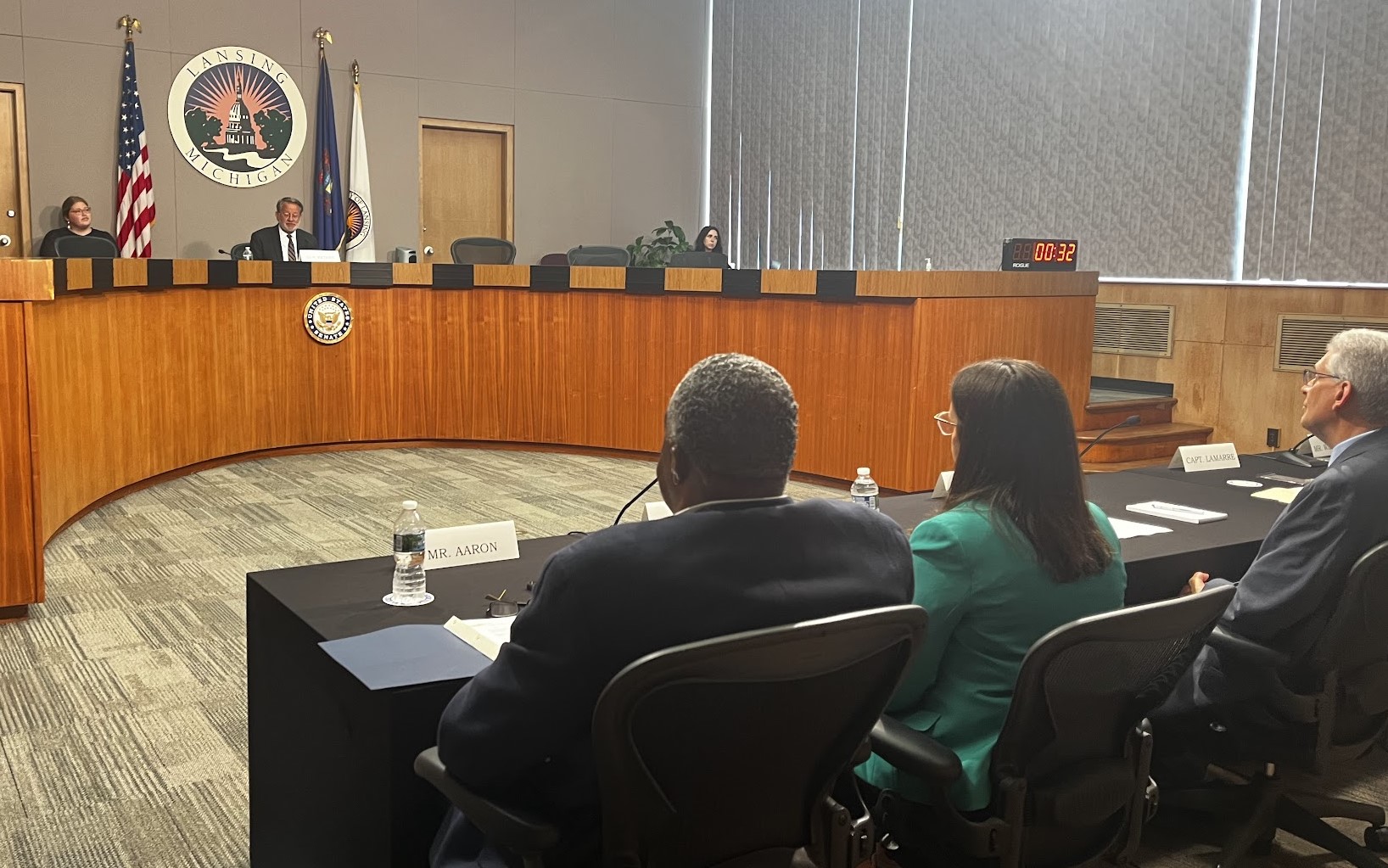LANSING, Mich. (WZMQ) – Lawmakers in Lansing are looking to gain insight into the impacts of funding from the Bipartisan Infrastructure Law (BIL). The BIL was introduced in November 2021, it’s a $1.2 trillion investment in repairing and modernizing the nation’s infrastructure.
Senator Gary Peters (D-Michigan) invited state economic leaders for the first field hearing of the Senate Subcommittee on Transportation, Maritime, Freight, and Ports to examine the act.
A choice Peters said was made because of the place Michigan holds as a representative and example for the rest of the country. He said the state has rural, urban, and suburban areas, and is a manufacturing hub with strategic supply chain stops along road, rail, and maritime pathways that also rely on an international border.
“The Bipartisan Infrastructure Laws brought a lot of resources into the Upper Peninsula, whether it was broadband but also roads, bridges, basic things that needed to be fixed, that have not been fixed for many, many years,” Peters said. “Our work is far from over. The next step is to understand the details of how this law has been actually implemented. We want to hear directly from local stakeholders who are on the ground seeing these projects upfront and close.”
500 Michigan infrastructure projects have been launched in three years with the funds, with the goals of improving public health, economic development, and access to clean energy.
Peters explained they’re working on understanding the challenges faced while trying to implement the dollars by listening to local stakeholders of projects, like Invest U.P. CEO Marty Fittante.
Fittante said he made the trip to testify and give a voice to what the bill has meant to rural communities like the Upper Peninsula. Highlighting projects that brought millions of dollars to the U.P. for broadband, clean water, and transportation.
Projects like a $25 million award to the Sault tribe for broadband, $5 million to build a new general aviation terminal in Chippewa County, and the $22 million partnership between Menominee and KK Integrated Logistics.
He said taking advantage of competitive funding opportunities like the BIL can mean communities must have the resources to apply, often find matching funding, and have the capacity to accept the grants while remaining compliant through tracking and reporting on projects. All of which can be overwhelming for small communities in dire need of support.
“Rather than simply persevering, rural communities need to prosper. We are at an intersection in time and poised for growth, in fact, the U.P.’s population grew for the first time in decades over the last three years.” Fittante said. “I thought it was as important as to talk about what those challenges in taking advantage of that opportunity look like for communities in the Upper Peninsula.”
Senator Peters says lawmakers will be hosting similar sessions nationwide to lay the groundwork for future legislation. Taking the next steps to identify what they did right, and where they are still falling short, to understand the best way to use the resources moving forward.

